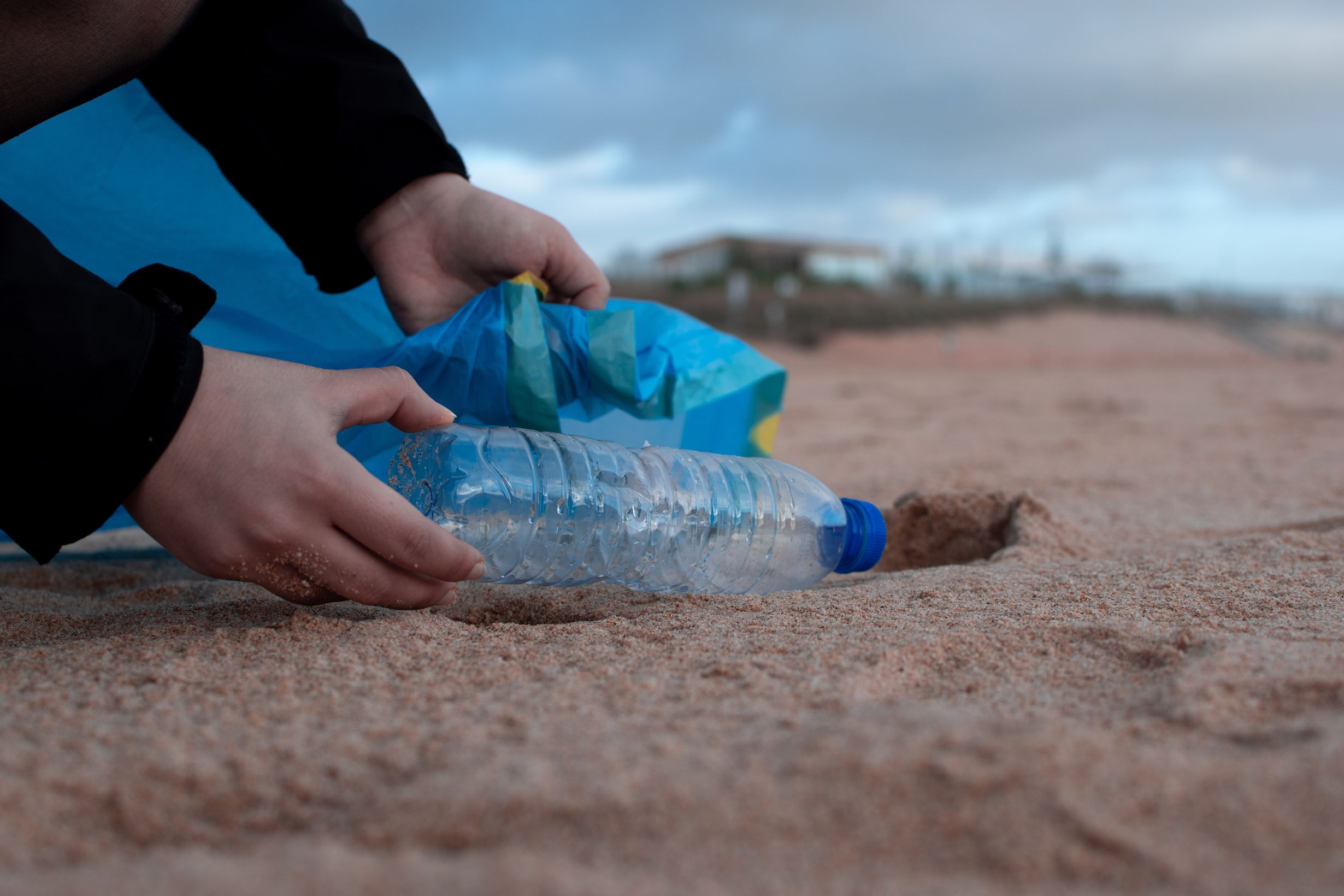5 Ways How Climate Change Is Affecting The World

Climate change is having a visible and worsening impact on the world. Climate change impacts are visible across countries and in many important societal sectors, including health, agriculture, and food security. It also affects water supply, transportation, energy, biodiversity, and others. These issues are expected to become more detrimental throughout this century and beyond.
Climate change has a diverse effect on human health and well-being by increasing extreme weather events and wildfires, decreasing air quality, and diseases spread by insects, food, and water.
These climate-related challenges pose a threat to agriculture. They have been increasing and are expected to become more severe over the next century, threatening food security. Food security and health are two of the most important aspects of life and human survival. This shows how climate change dramatically affects every human being on the planet.
In the past decades, various nations have taken steps to combat climate change brought by environmental degradation. Corporations are also continuously pressured to participate in different ventures alleviating climate change. The issue with this is that it might be too late before a worldwide movement can unite countries to work on reversing its effects.
If you do not see how serious climate change can get, here are some ways it is currently affecting the world:
Food Becoming More Expensive and Less Nutritious
The CO2 that is acquired in our atmosphere as a result of fossil fuels is changing the proportion of the fruits, vegetables, and other products we eat, causing them to be less nutritious. Extra CO2 accelerates photosynthesis, making plants grow with more sugar and less calcium, protein, zinc, and essential vitamins.
Aside from food becoming less nutritious, it may also become more expensive in the near future. Drought in main wheat-producing countries was a major factor in a dramatic rise in global food prices beginning in 2006. So as the world continues to heat up and environmental degradation persists, we can anticipate seeing more of this type of drought.
Wheat is not the lone crop feeling the heat. Coffee may soon become more expensive as well. Brazil is the world’s largest coffee producer, but as the planet warms and more rainstorms hit the region, most of the country’s main coffee-growing areas will become less suitable for growing the crop.
Ocean Becoming Warmer and Higher
The ocean absorbs the majority of the heat emitted by global warming. Over the last two decades, the rate of ocean warming has increased dramatically at all depths. Because water expands as it warms, the volume of the ocean increases as it warms. Melting ice sheets raise sea levels, endangering coastal and island populations.
Furthermore, the ocean absorbs carbon dioxide, keeping it from entering the atmosphere. However, more carbon dioxide causes the ocean to become more acidic, endangering aquatic wildlife.
Species Becoming Extinct
Climate change endangers the existence of species on land and in the sea. As the temperature rises, so do the risks. Climate change is exacerbating the loss of species, which is 1,000 times higher than at any other time in humanity’s history. Over a million species are on the verge of extinction in the coming decades.
Among the many threats posed by climate change are forest fires, extreme weather, and invasive pests and diseases. Some species will be able to migrate and thrive, while others will perish.
Hurricanes Becoming More Frequently
Globally, average sea surface temperatures are continuously increasing. As the seas warm, more water vapor and heat energy are released into the atmosphere. This extra heat and water just happen to be the ideal cause for hurricanes, and in the right circumstances, can amplify dangerous storms.
This can also happen quickly. So, in a matter of hours, a once-weak tropical storm can cross the right stretch of (warm) water and become a major hurricane. This can leave many people, including those who live in hurricane-prone areas, unprepared for the severity of the actual hurricane that makes landfall, leading to bigger damage, injury, and even death.
Health Issues Becoming Widespread
Climate change is one of the most serious health threats confronting humanity. Climate change is already causing health problems through air pollution, disease, severe weather occurrences, forced displacement, mental health strains, and increased hunger and poor nutrition in areas where people cannot grow or find enough food.
Environmental factors claim the lives of approximately 13 million people each year. Weather patterns are changing, and extreme weather events are increasing deaths and making it challenging for health care systems worldwide to keep up.
Key Takeaway
Your household and power consumption, how you move around, what you eat, and how much waste you generate all contribute to greenhouse gas emissions. Consumption of goods such as apparel, electronics, and plastics also increases this.
This is why everyone is responsible for a significant portion of global greenhouse gas emissions. One’s way of life has a substantial impact on our planet, so making sustainable choices is best to make sure that the Earth will remain livable for future generations.